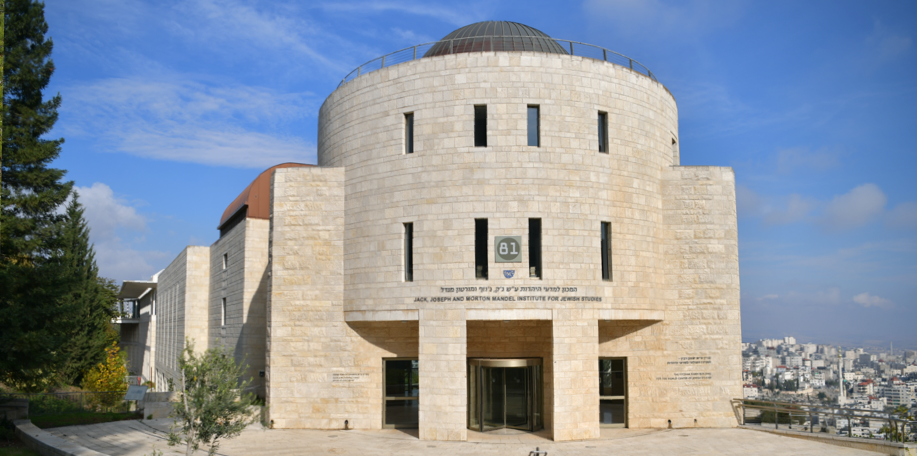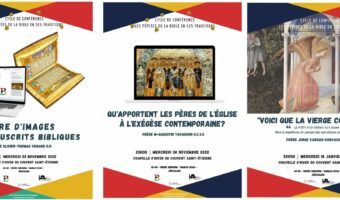What is your current research?
O.C: I’m currently a doctoral student in Talmud at the Hebrew University and I am working on fasting in Christian and rabbinic literature of the 3rd century, trying to better define the internal dynamics of each tradition regarding public and private fasts. It is also an opportunity to study biblical and post-biblical traditions, to see how Scripture has been used over the centuries in Judaism and Christianity to justify the institution of ritual practices.
On what occasions have you used the database of The Bible in its Traditions?
O.C.: In the course of my research, I worked on the fasting of the Ninevites in the book of Jonah. So, I was happy to use our database. The great advantage of our portal, in contrast to the commentaries, is that we can have the raw material at our disposal, without any particular bias or orientation, and thus develop our own reading proposal, our own path. In addition to the extremely interesting notes on the text and the versions, I particularly appreciated the rich annotations in the “reception” section: beyond the text, the various commentaries of the Fathers of the Church allow us to grasp the primordial place that this text played not only in Christian thinking on penance and conversion but also in the polemic between Jews and Christians. Christians have often seen themselves as the Ninevites: salvation is open to the Gentiles while the Jews refuse to convert. The Jewish response was quick: it is not Christian asceticism that saves but repentance, which Israel knows how to practice in full.
How is this database different from the “great commentaries”?
O.C: This database is an essential complement to the great traditional biblical commentaries. The synthetical notes, which are becoming more and more numerous, also provide a broader and more global vision of the chief problems of biblical theology.



